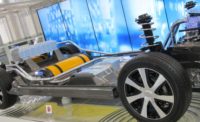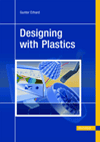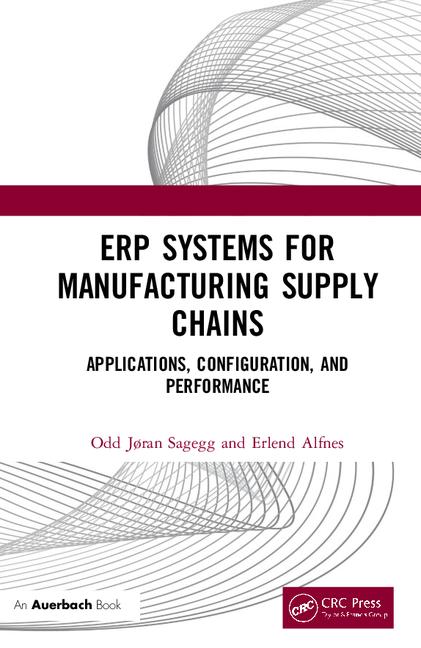TOKYO—Kawasaki Heavy Industries is aiming to achieve carbon neutrality at its domestic factories and offices in 2030 by using electricity generated by a 100-megawatt hydrogen-fueled power plant it plans to build.
The company is trying to make hydrogen a key growth driver by building liquefied hydrogen carriers, hydrogen power stations and other facilities to create a global supply chain of the fuel that may help decarbonize industries and aid the global energy transition.
Kawasaki aims to transport 225,000 tons of liquefied hydrogen from abroad to Japan in 2030 and use 45,000 tons at the planned new hydrogen power plant to provide electricity to its domestic sites.
Using energy-saving technology and carbon dioxide separation and capture technology, the company aims to bring down emissions at its domestic sites from 300,000 tons in 2021 to reach net zero in 2030.
“It’s our role to show everyone a pathway to carbon neutrality using hydrogen. We want to demonstrate that it is feasible and cost can be reduced,” says Yasuhiko Hashimoto, president of Kawasaki Heavy Industries.
Kawasaki’s goal is to boost its hydrogen-related sales, including carriers, power generation equipment and licensing fees, to $2.6 billion in 2030.






